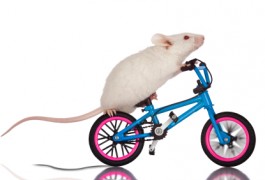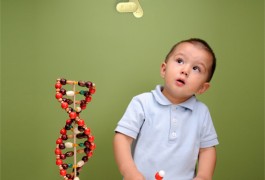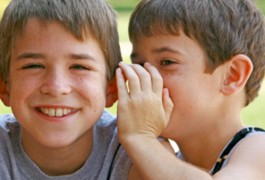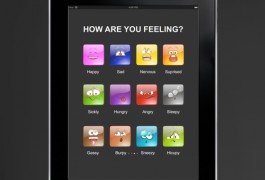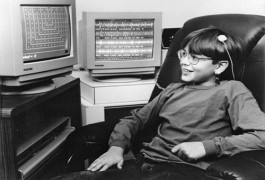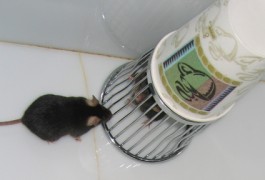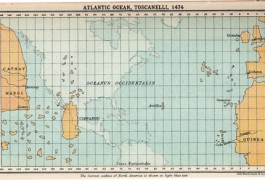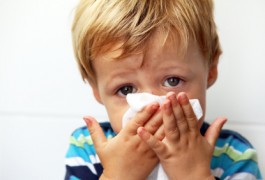Molecular mechanisms: Maternal infection linked to schizophrenia in mice
Infection early in pregnancy is more harmful to the fetus than at later stages, triggering brain and behavioral changes in the offspring similar to those seen in people with schizophrenia, according to two mouse studies published in October. A third study suggests that exercise can mitigate some of these effects.







